Terrible reprisals and baths of the blood of young girls, as Countess Bathory tried to preserve the fading beauty
Categories: Celebrities | History | World
By Pictolic https://pictolic.com/article/terrible-reprisals-and-baths-of-the-blood-of-young-girls-as-countess-bathory-tried-to-preserve-the-fading-beauty.htmlElizabeth Bathory is listed in the Guinness Book of Records as the woman who committed the greatest number of murders. It was possible to prove only 80 reprisals, but, according to rumors, about 600 lives of young girls are on the conscience of the "Bloody Countess". Why did she do all this? The woman believed that fresh blood would help her stay young and beautiful longer.
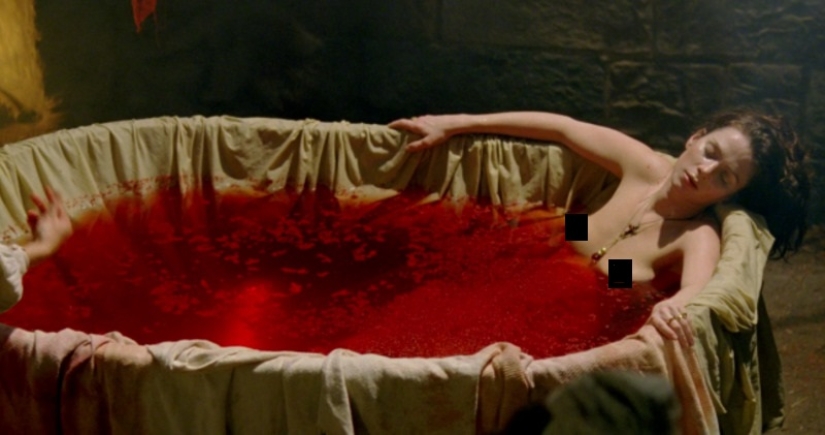
Elizabeth Bathory was born on August 7, 1560 in a family mansion in the Hungarian town of Nyirbator. Her parents were high—ranking nobles: her father was the brother of the Transylvanian voivode Andrasz Bathory, her mother was the sister of the Polish king Stefan Batory.
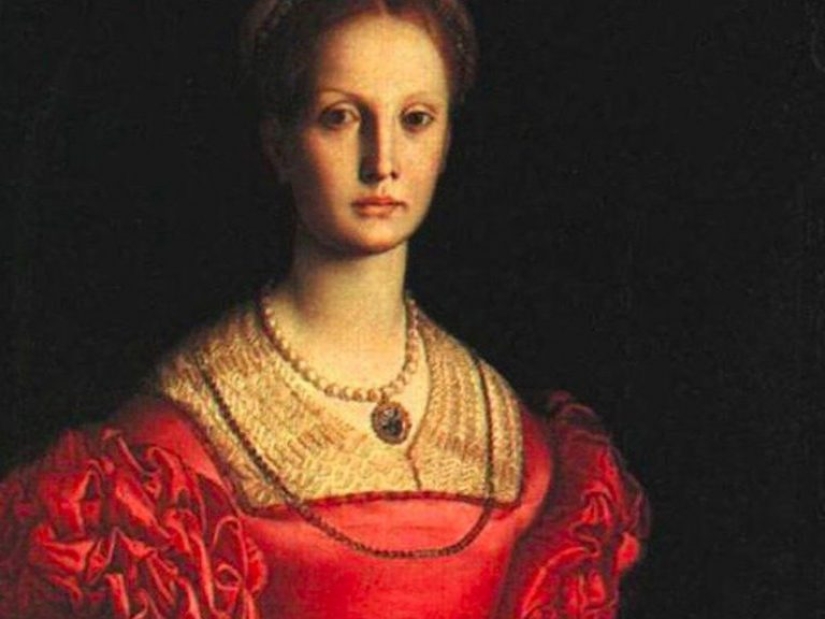
As a child, Elizabeth played a lot with her brother and sisters, studied Latin, German and Greek. But, like all high-born children of those times, at the age of 10 she was engaged to Ferenc Nadashdi, the son of Baron Tamash Nadashdi.
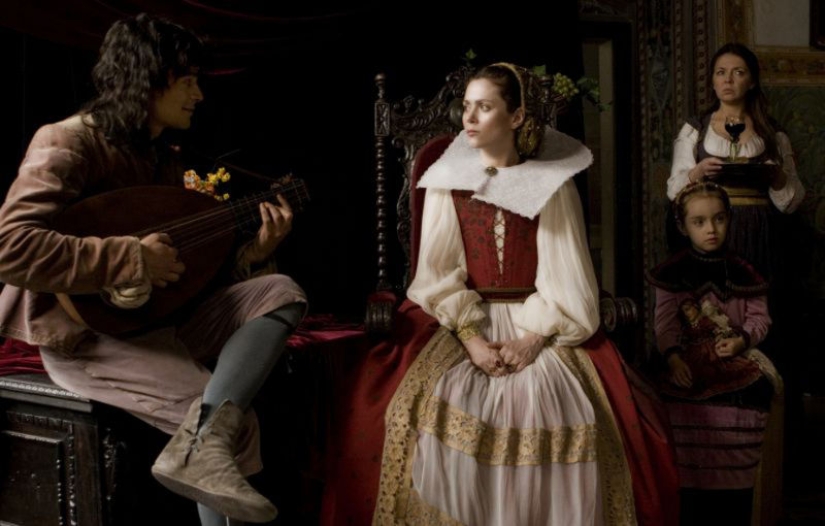
At the age of 15, Elizabeth got married — 4,500 people were feasting at the wedding. And immediately after the celebration, her husband left to study at Vienna, and she was passing the time in the Nadashdi family castle, which became her home.
By the way, the darkest murders were committed in the Chakhtitsky castle at the foot of the Lesser Carpathians, which her husband gave to Elizabeth in honor of their wedding.
And so they lived. Ferenc then fought, then engaged in state affairs, and Elizabeth managed the possessions and gave birth to children, she had six of them. The girl was called one of the first beauties of her time, and she, realizing her attractiveness, was very afraid of losing it. When giving birth to children, she immediately handed them over to nannies and wet nurses, so as not to spoil the figure.
As for her husband, he was a very harsh and even cruel man. Ferenc beat the servants for any wrongdoing, and sometimes Elizabeth got into a hot hand. He was very jealous of his beautiful wife. Once it seemed to him that one of the servants was looking at Elizabeth, then Ferenc castrated him with his own hands, and then hounded him with dogs.
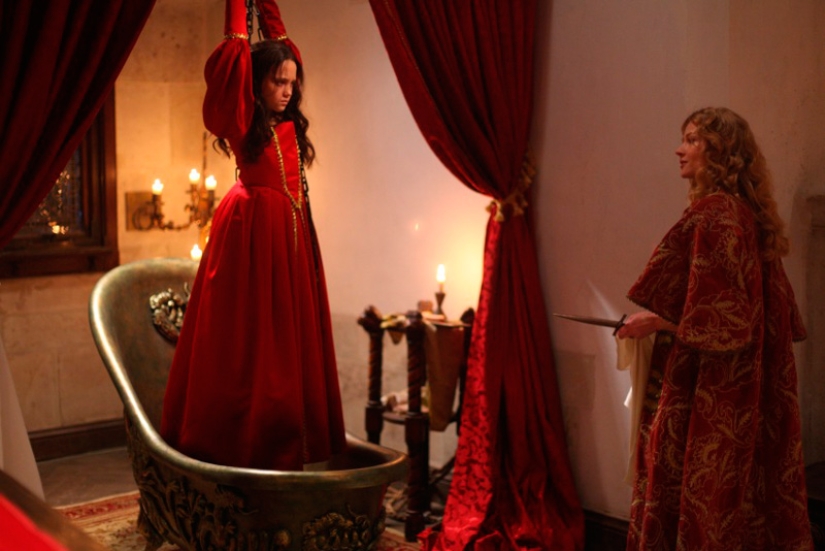
In 1601, Ferenc became seriously ill. Soon he became an invalid, and in 1604, when Elizabeth was 44 years old, he died. At the moment when Ferenc was gone, rumors were already circulating around the country about the Countess's terrible infatuation.
According to legend, Elizabeth committed her first murder at the age of 20. She hit the maid and broke her nose. The blood accidentally got on the Countess's skin, and after a while she noticed that this part of the body had become whiter and softer.
There is another version according to which Elizabeth committed the first murder by accident — they say, in anger she hit the maid too hard, she fell unsuccessfully and died. Anyway, the Countess came to the conclusion that in order to preserve her beauty, she needs the blood of young girls.
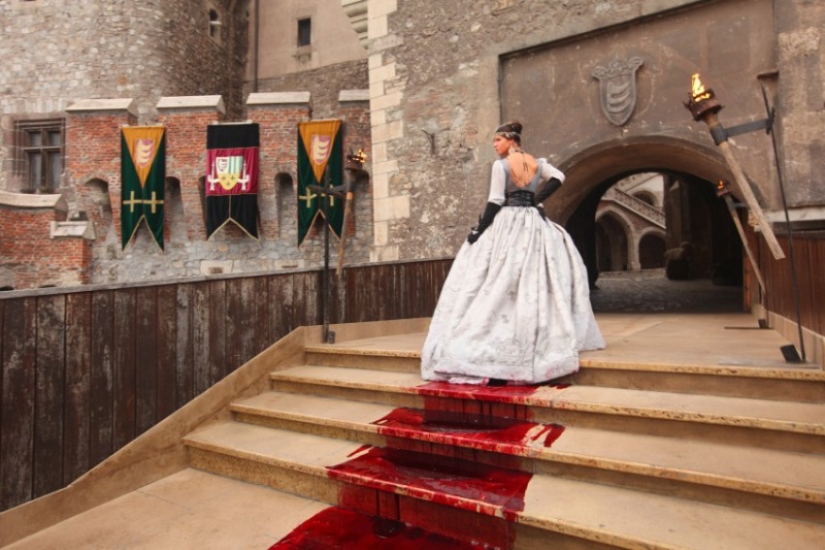
At the beginning of her terrible journey, Elizabeth dealt with several young maids, and then washed herself with their blood. Further, the Countess decided that blood baths would have a much more beneficial effect on her beauty — these procedures became her main hobby.
Elizabeth's trusted servants caught young girls and brought them to the castle, where they were waiting for a terrible death, and the countess, as she believed, eternal youth.
Elizabeth constantly needed blood baths, and therefore there were not enough girls to fill them, and she was looking for victims by any available means. It got to the point that she invited young beauties from noble families to visit, who never returned home.
As for the murders themselves, Elizabeth committed them with the coolness worthy of a professional killer. She stabbed girls with scissors, drove needles under her nails, stripped naked, drove them out into the cold and poured ice water over them. There were a lot of options.
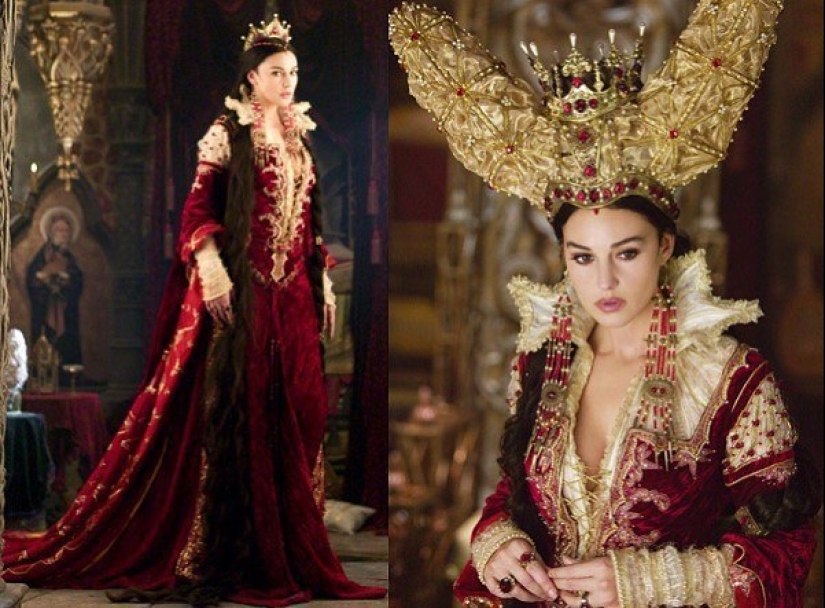
At some point, the fame of Elizabeth's terrible deeds spread throughout the district, and local residents began to write complaints to the Hungarian king Matthias II.
For a long time they were ignored due to the high position of the countess, but in 1610, when the woman was already 50 years old, the king's patience was overflowing and he ordered Gyorgy Turzo, palatine (this position combined the duties of prime minister and chief justice), to investigate the case.
Turzo thoroughly approached the issue and hired two notaries who interviewed 300 witnesses. By the end of 1610, the Palatine had collected enough evidence of Elizabeth's murders, and on December 29, the Countess was arrested. Then some corpses were found, and even before the investigation, her henchmen who brought the victims to the castle split.
The king was furious when he found out the truth, he wanted to execute Elizabeth. But Turzo persuaded him — after all, the countess was a representative of a very influential family, and even one of the richest people in the country, the king himself was in debt to her. At first, the issue of sending Elizabeth to a monastery was discussed, but since, in addition to commoners, she also took the lives of many representatives of noble houses, it was necessary to come up with a more serious punishment.
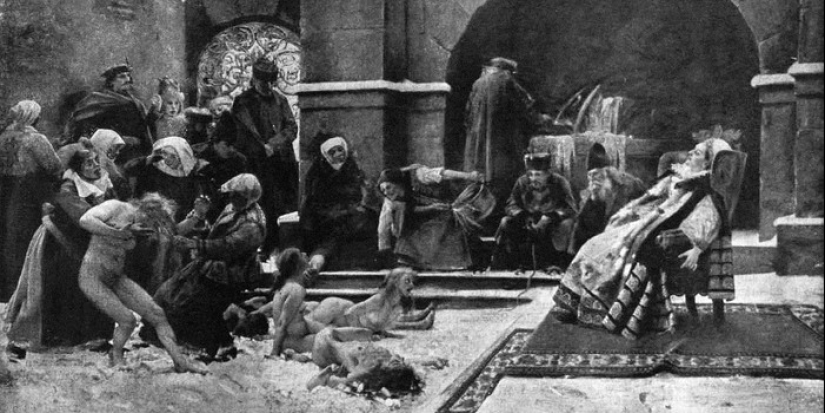
Elizabeth Bathory was sentenced to solitary confinement for life in her own castle. The woman was immured in a room without windows and doors — she was left with only small holes for ventilation and food. There she died in August 1614, she was 54 years old.
As for her beloved servants who helped in the murders, two of them had their fingers torn off with red-hot tongs, and then burned at the stake. Another servant was beheaded and the already dead body was burned. The fourth maid was partially acquitted, because she participated in all this because of torture and beatings. She was sentenced to life imprisonment.
Recent articles

It's high time to admit that this whole hipster idea has gone too far. The concept has become so popular that even restaurants have ...

There is a perception that people only use 10% of their brain potential. But the heroes of our review, apparently, found a way to ...

New Year's is a time to surprise and delight loved ones not only with gifts but also with a unique presentation of the holiday ...